Earth
-
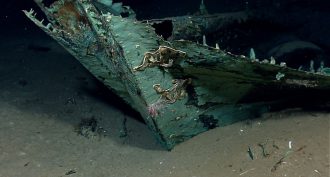 Environment
EnvironmentGulf oil spills could destroy shipwrecks faster
In the Gulf of Mexico, leftover crude oil from the Deepwater Horizon spill may be speeding the corrosion of old shipwrecks.
-
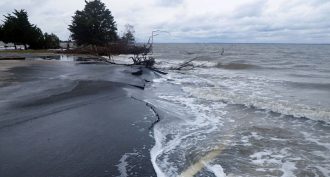 Climate
ClimateSea level rising fastest in 2,800 years
The oceans rose faster during the 20th century than any time in the past 2,800 years. More than half of the rise came from global warming.
-
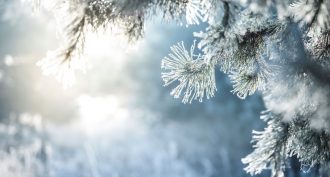 Earth
EarthCool Jobs: Careers on ice
From Greenland to Utah to Jupiter, scientists unlock mysteries frozen in ice.
By Beth Geiger -
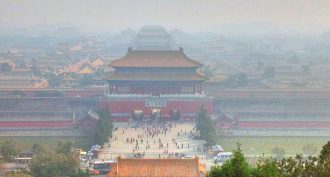 Environment
EnvironmentTiny air pollutants are big, big killers
Air pollution now ranks as the world’s fourth leading cause of death. About 5.5 million deaths in 2013 trace to just one type, called particulates.
-
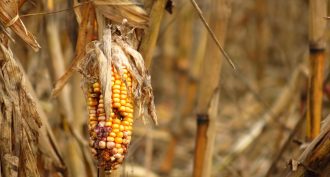 Agriculture
AgricultureA shock to the food system
Droughts and other weather extremes caused by climate change are dramatically increasing the risk of short-term interruptions in the supplies of food.
By Sid Perkins -
 Tech
TechPowered by poop and pee?
Scientists are developing methods to not only remove human waste from wastewater, but also to harness the energy hidden within it.
-
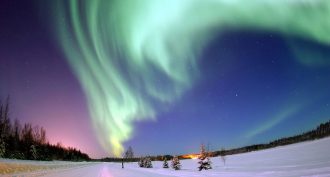 Earth
EarthBright night lights, big science
When the northern lights flare, blame the sun. Scientists say auroras “surge” when energy from solar wind builds up on the night side of the Earth.
-
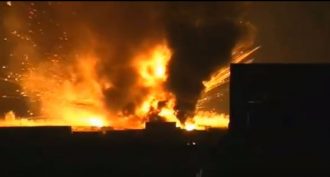 Physics
PhysicsTracking warfare by ‘Earth shakes’
Geophysicists are discovering how weapons shake, rattle, and roll the Earth. What they’re learning might one day help win wars.
By Beth Geiger -
 Animals
AnimalsUsing dolphins to find unknown ocean pollutants
Long-lasting pollutants may threaten marine mammals and human health. To find those pollutants, scientists are sampling blubber, then running the fatty material through new types of tests.
By Liz Devitt -
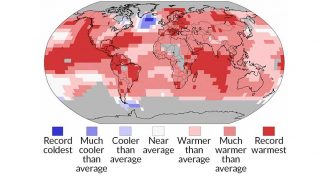 Climate
Climate2015 was really hot
Spurred by global warming and a “super” strong El Niño, 2015 went into the books as the warmest year since record-keeping began — and that was 1880.
-
 Animals
AnimalsWhat a drag! Fishing gear’s effects on whales
Many whales become entangled in the gear that fishing boats use to catch fish and shellfish. Such debris can have dire impacts on the big mammals.
By Ilima Loomis -
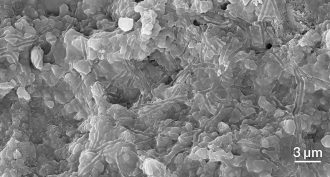 Earth
EarthBubbles may have sheltered Earth’s early life
For Earth’s earliest inhabitants, a bubble on the beach would have been the next best thing to a safety blanket.
By Meghan Rosen